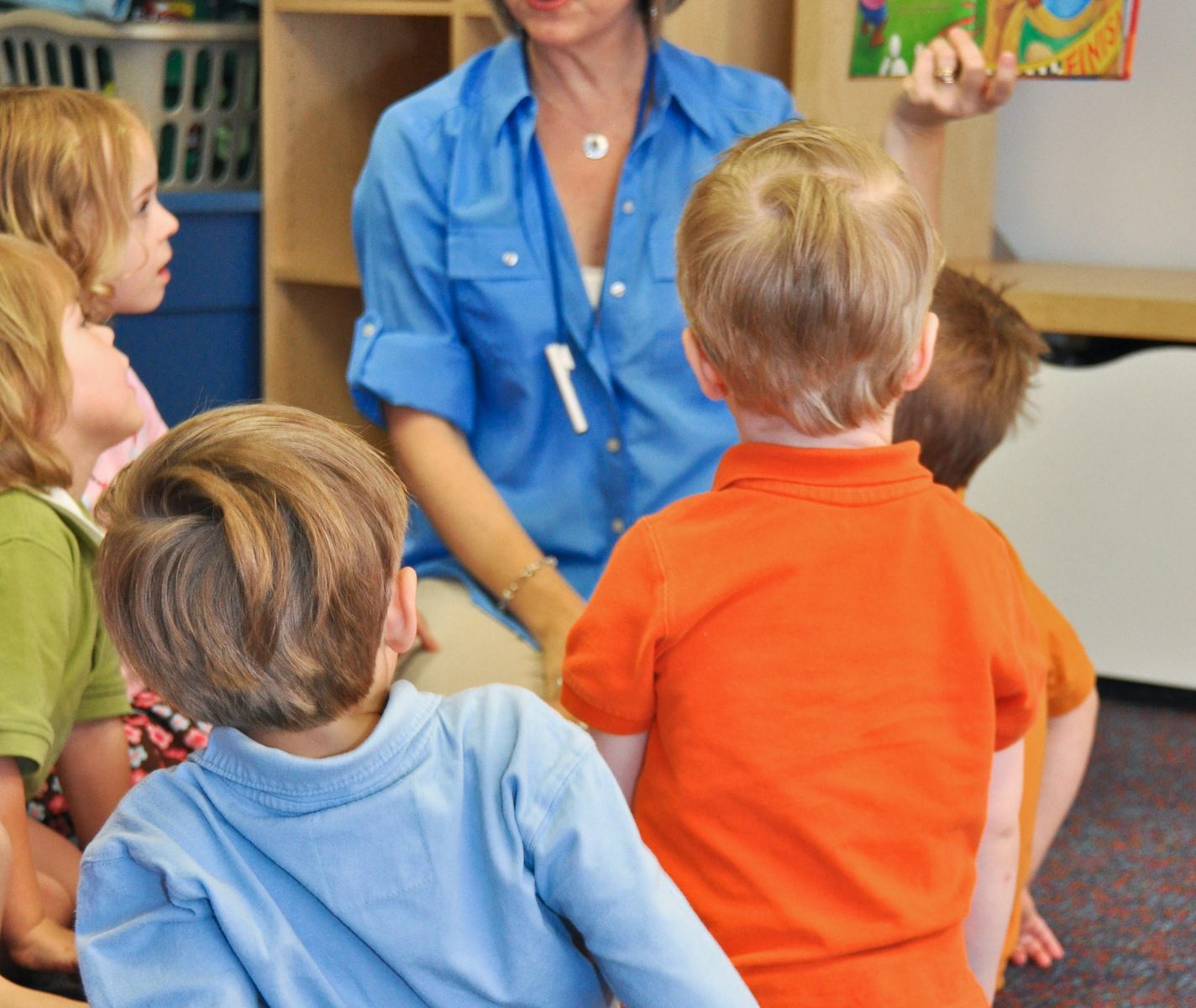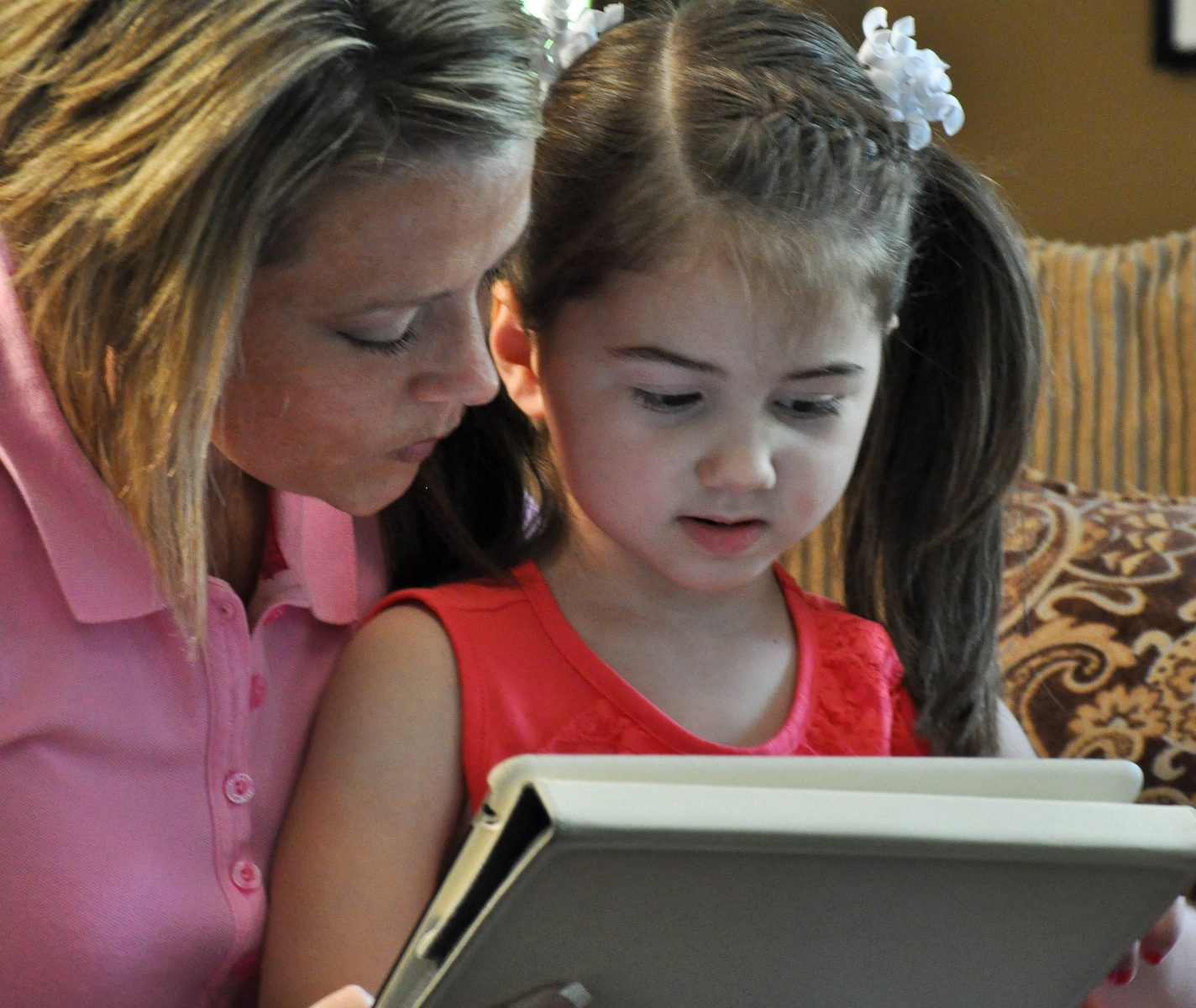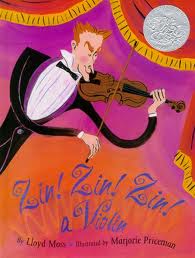 WARNING! Kindermusik Educators may burst into song at any time and in any place. They also sometimes carry egg shakers in their pockets for a little accompaniment. After all, pianos are not exactly portable. An equally true fact is that their bookshelves, iPads, and, in some cases, car trunks overflow with kids books. After all, music and reading go together like, well, music and egg shakers. So, we thought the best way to celebrate International Children’s Book Day today was to share some of Kindermusik Educators favorite children’s books. And the best way for YOU to celebrate is to read one of these—or your own favorite—with the children in your life!
WARNING! Kindermusik Educators may burst into song at any time and in any place. They also sometimes carry egg shakers in their pockets for a little accompaniment. After all, pianos are not exactly portable. An equally true fact is that their bookshelves, iPads, and, in some cases, car trunks overflow with kids books. After all, music and reading go together like, well, music and egg shakers. So, we thought the best way to celebrate International Children’s Book Day today was to share some of Kindermusik Educators favorite children’s books. And the best way for YOU to celebrate is to read one of these—or your own favorite—with the children in your life!
Children’s Books Kindermusik Educators Love to Read
You Will Be My Friend and Children Make Terrible Pets by Peter Brown
I Was So Mad by Mercer Mayer
~Alicia Bourdier
I’m a Little Teapot by Iza Trapani
~ Melinda Lise Pokorzynski
The Little Mouse, the Red Ripe Strawberry, and the Big Hungry Bear by Don and Audrey Wood
~ Jamie Henry Espen
How to Speak Moo! By Deborah Fajerman
~ Cathy Huser
I Love You Stinky Face by Lisa McCourt
~ Molly McAllister Ziegler
The Feelings Book and It’s Okay to be Different by Todd Park
Look Who’s Talking on the Farm and Look Who’s Talking at the Zoo by Danny Tepper
~ Lindsay Levin
To Market to Market by Anne Miranda
Guess How Much I Love You by Sam McBratney
~ Yvette Odell
The Doorbell Rang by Pat Hutchins
Owl Babies by Martin Waddell
Seals on the Bus by Lenny Hort
~Jane Hendrix
Clip-Clop by Nicola Smee
Who Hoots? By Katie Davis
~ Jan Janz
 Pete the Cat by James Dean
Pete the Cat by James Dean
Snowy Day by Ezra Jack Keats
From Head to Toe by Eric Carle
Little Blue Truck by Alice Schertle
Mr. Cookie Baker by Monica Wellington
~Kathy Morrison
Bumpa Rumpus and the Rainy Day by Joanne Reay
~ Julie Stewart
Tanka Tanka Skunk by Steve Webb
Twinkle Twinkle Little Star by Iza Trepani
Down by the Station by Will Hillenbrand
Little White Duck by Bernard Zaritzky
~ Bernadette Baird
Brown Bear, Brown Bear What Do You See? by Bill Martin Jr.
Baby Beluga by Raffi
~ Whitney Shelton
Mrs. Wishy Washy’s Farm by Joy Cowley
Dear Mr. Blueberry by Simon James
Do You Want to Be My Friend by Eric Carle
Quick as a Cricket by Audrey Wood
~Helen Peterson
Chicka Chicka Boom Boom by Bill Martin Jr.
We All Go Traveling By by Sheena Roberts
Over in the Ocean: On a Coral Reef by Marianne Berkes
~Danielle Smith
Shiny Dinah is one of our favorites from Kindermusik class! Take a listen and you’ll soon hear why parents, educators, kids love this book!
[youtube]https://www.youtube.com/watch?v=nkwLXk9HScE[/youtube]
Contributed by Lisa Camino Rowell a freelance writer in the Atlanta area. Her go-to children’s books include the Piggie & Gerald books by Mo Willems.

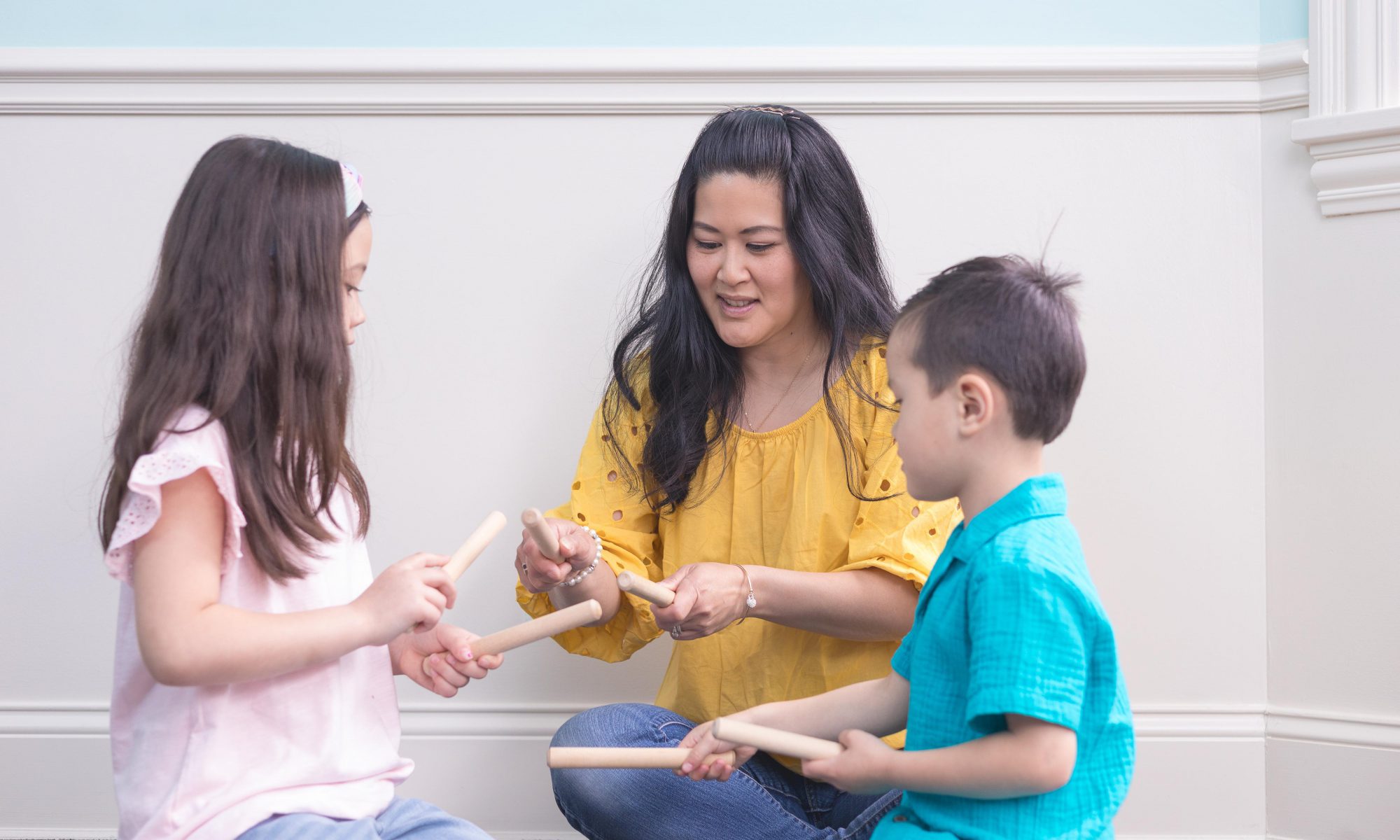
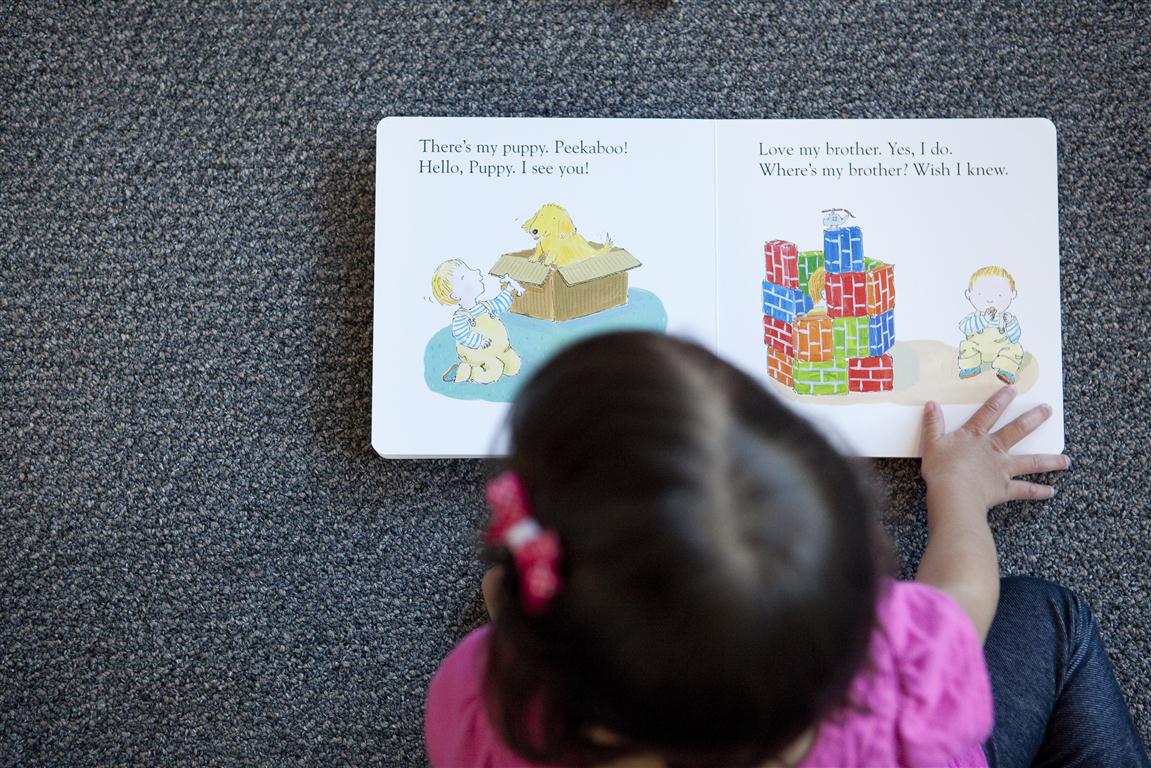
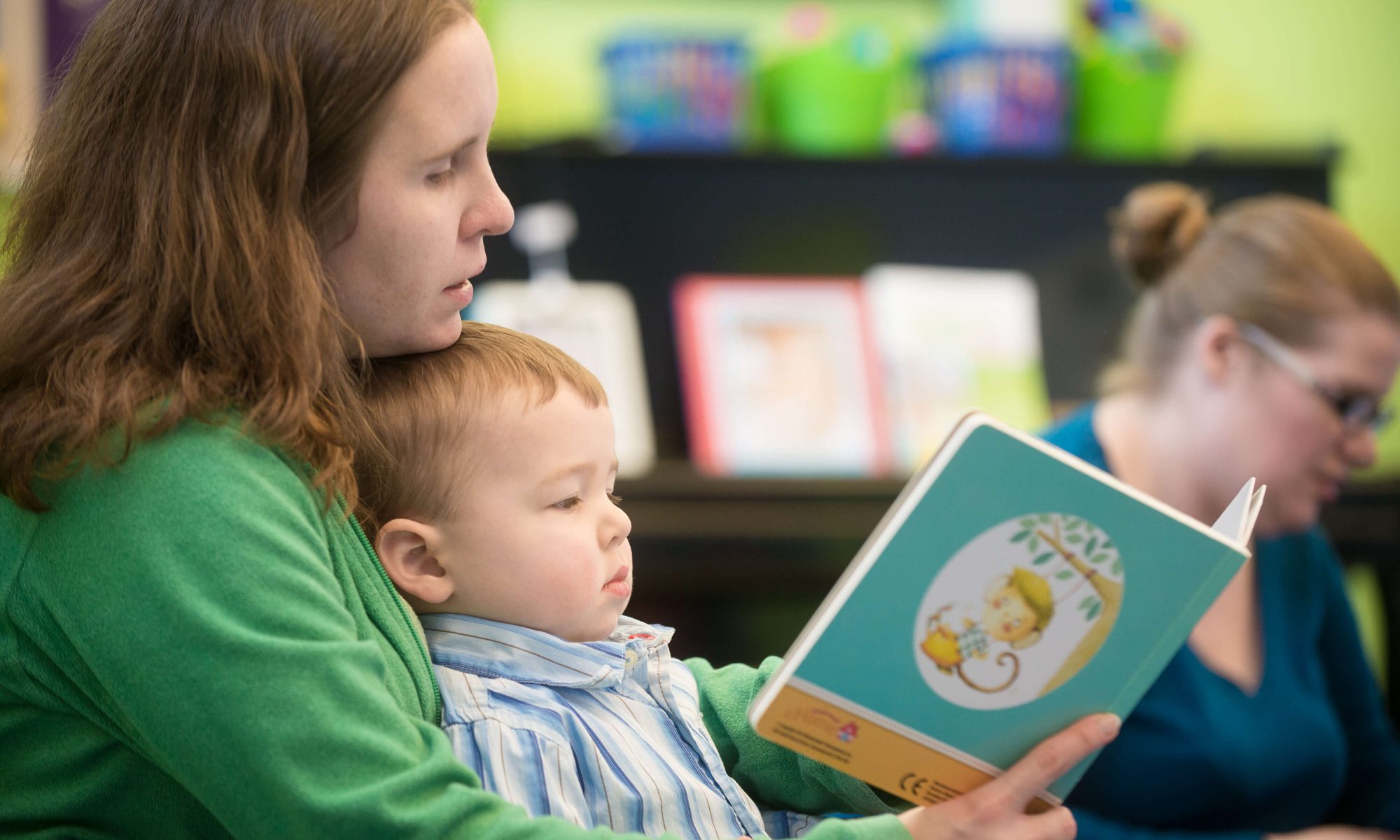
 [/vc_column_text][vc_column_text]This is the moment to use Dr. Clabough’s pause technique. Close the book and ask the questions:
[/vc_column_text][vc_column_text]This is the moment to use Dr. Clabough’s pause technique. Close the book and ask the questions:
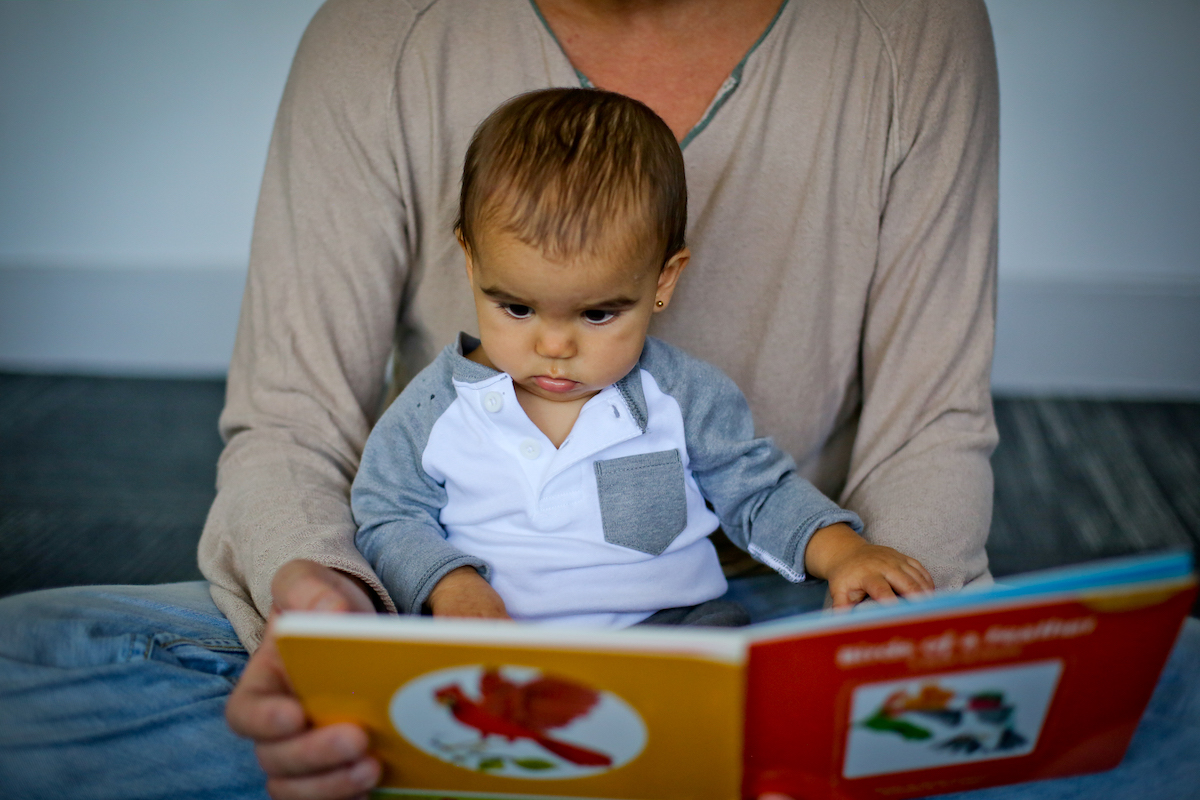
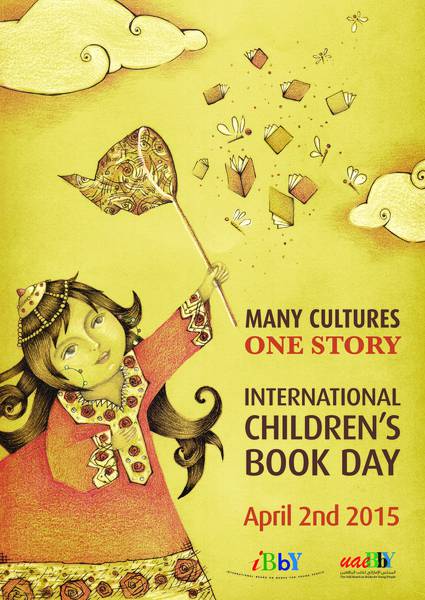
 WARNING! Kindermusik Educators may burst into song at any time and in any place. They also sometimes carry egg shakers in their pockets for a little accompaniment. After all, pianos are not exactly portable. An equally true fact is that their bookshelves, iPads, and, in some cases, car trunks overflow with kids books. After all, music and reading go together like, well, music and egg shakers. So, we thought the best way to celebrate International Children’s Book Day today was to share some of Kindermusik Educators favorite children’s books. And the best way for YOU to celebrate is to read one of these—or your own favorite—with the children in your life!
WARNING! Kindermusik Educators may burst into song at any time and in any place. They also sometimes carry egg shakers in their pockets for a little accompaniment. After all, pianos are not exactly portable. An equally true fact is that their bookshelves, iPads, and, in some cases, car trunks overflow with kids books. After all, music and reading go together like, well, music and egg shakers. So, we thought the best way to celebrate International Children’s Book Day today was to share some of Kindermusik Educators favorite children’s books. And the best way for YOU to celebrate is to read one of these—or your own favorite—with the children in your life!
 Pete the Cat by James Dean
Pete the Cat by James Dean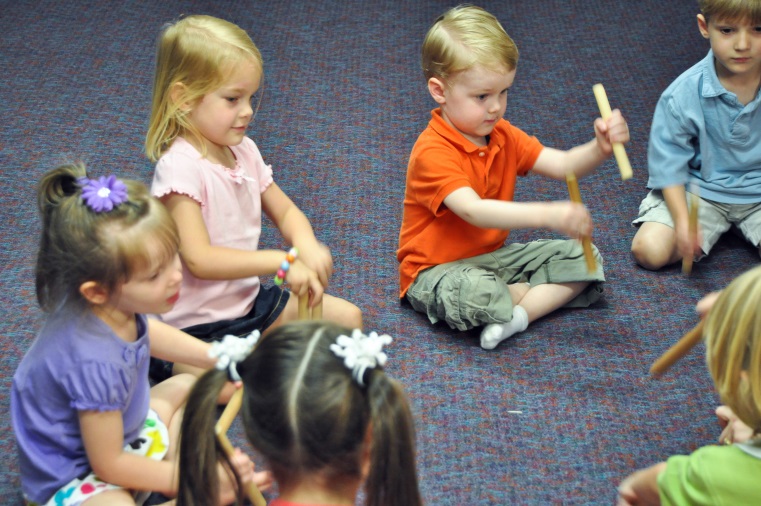
 An
An 